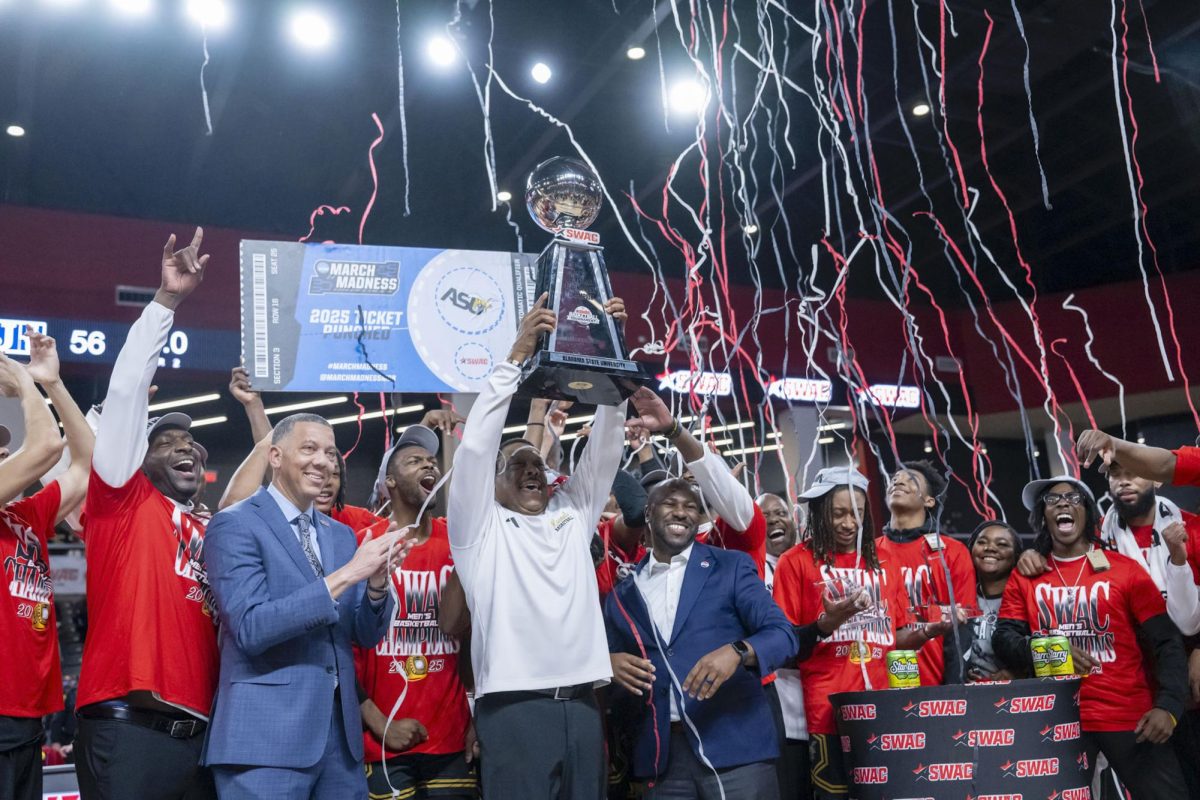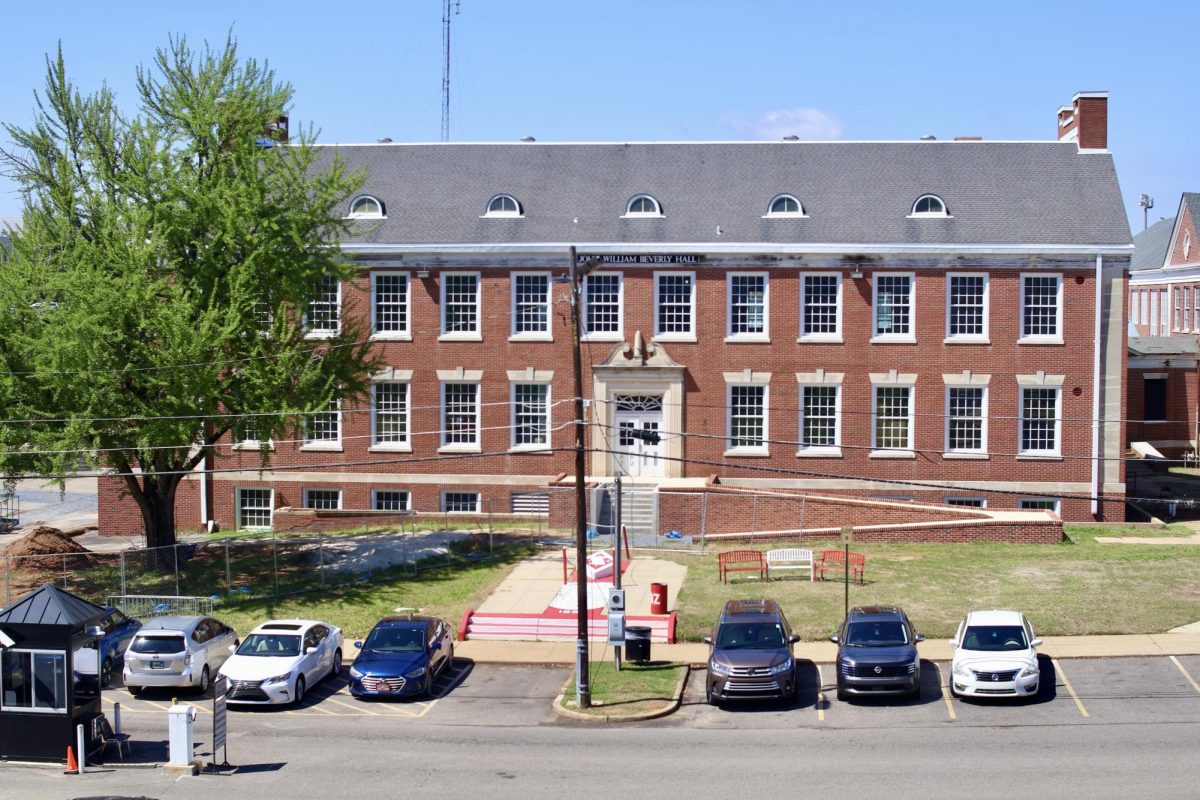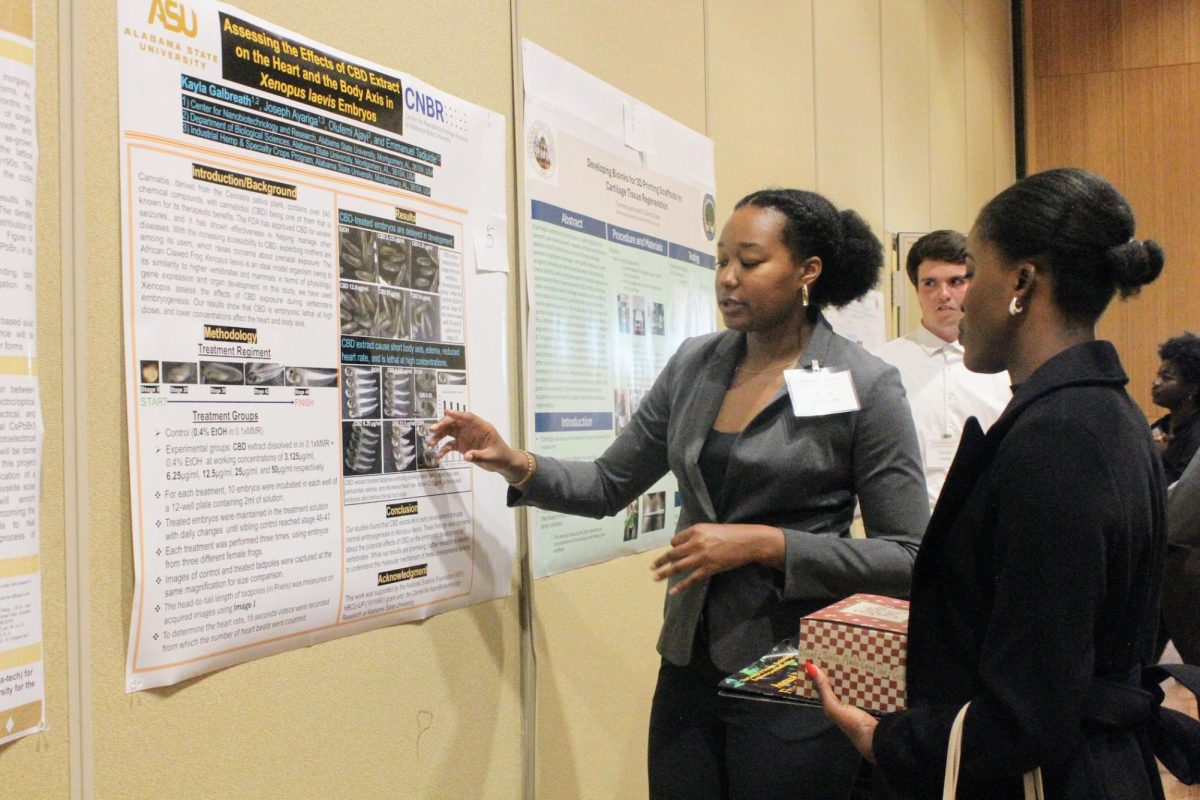Attending college is supposed to be a transformative journey, with students setting out to earn their degrees within the traditional four to five years. At Alabama State University, the excitement of campus life and academic progress in those early semesters often gives students hope for their futures. But for many, that dream is interrupted by an institutional failure that leaves them unable to graduate on time.
Imagine being academically on track, following the curriculum laid out for you, only to discover that the courses required to complete your degree are not available, or worse, there is no professor to teach them. This is a harsh reality for too many students at the university. As they near the finish line, they find themselves unable to cross it, watching their friends don caps and gowns while they are left behind.
This is not just a logistical hiccup; it is a systemic problem. Courses that are required for graduation should not be “missing in action.” Yet, at the university, they frequently are. When students seek solutions, whether it is transferring credits from other institutions, switching majors or appealing to advisors or administration, they are often met with resistance, indifference or empty reassurances.
The advising process itself leaves much to be desired. Some students do not even have assigned advisors, while others receive incorrect or incomplete guidance. For an institution that operates under the “G.O.L.D. Standard,” this is a glaring failure.
The ripple effects are devastating. Students are forced to wait an additional semester, or even a full academic year just to take one or two required courses. The financial burden of this delay is crushing for students who are already struggling to pay tuition. Why should students bear the cost of an institution’s inability to fulfill its own promises?
Consider the curriculum sheets provided to students. They act as a contract, outlining the path to a degree. If the university fails to offer the courses listed, is that not a breach of contract? Students have every right to ask, are we being misled about the availability of courses? What are the reasonable alternatives for fulfilling our degree requirements? Why are these issues not being prioritized by university leadership?
For many, the only solution is to wait. Wait for a course to be offered. Wait for a professor to be found. But time is not free, and neither is tuition. Students are paying for an education, yet they are being denied the resources necessary to complete it.
This is more than an inconvenience, it is a crisis. It undermines the very purpose of the university and leaves students frustrated, disillusioned and in financial distress. Legal action is not a realistic option for most students, who are already struggling to make ends meet.
Alabama State University must address this issue head-on. It is unacceptable for students to be left in academic limbo due to administrative failures. The university must ensure that required courses are offered. Adequate planning and resource allocation must be implemented to guarantee that all courses listed in the curriculum are available when needed. Hire and retain qualified faculty. The administration must address any shortages in teaching staff to ensure that students can complete their degrees on time. Revamping academic advising will ensure that every student has access to a knowledgeable advisor who provides accurate, timely guidance. Transparent alternatives must be established. If required courses cannot be offered, the university must provide clear and reasonable alternatives, such as accepting transfer credits without unnecessary pushback.
Students come to this university with the hope of building a better future. It is time for the university to live up to its promises and invest in theirs. The administration must recognize this as a priority, not an afterthought. Students deserve more than frustration and delays, they deserve the chance to graduate on time and move forward with their lives. Let us hope the institution takes action before even more students are left behind.












